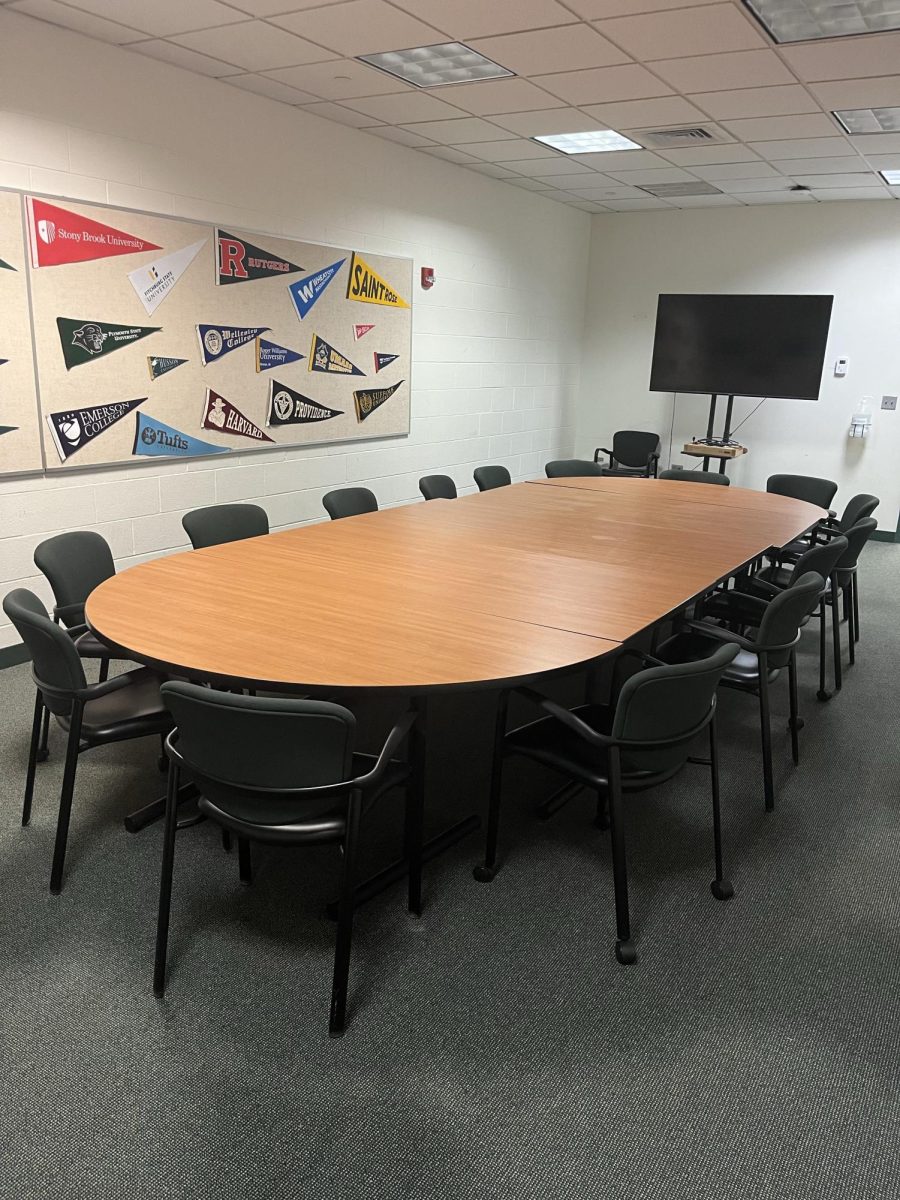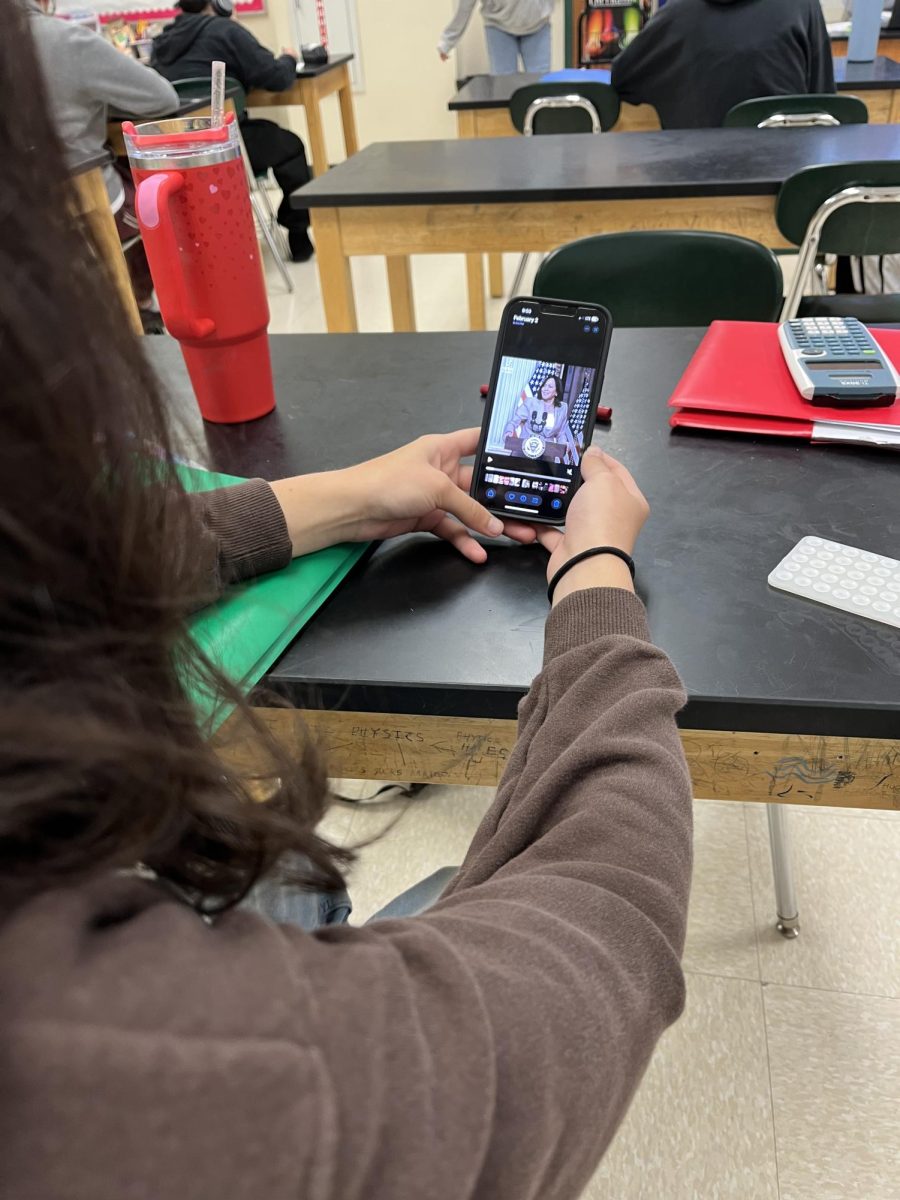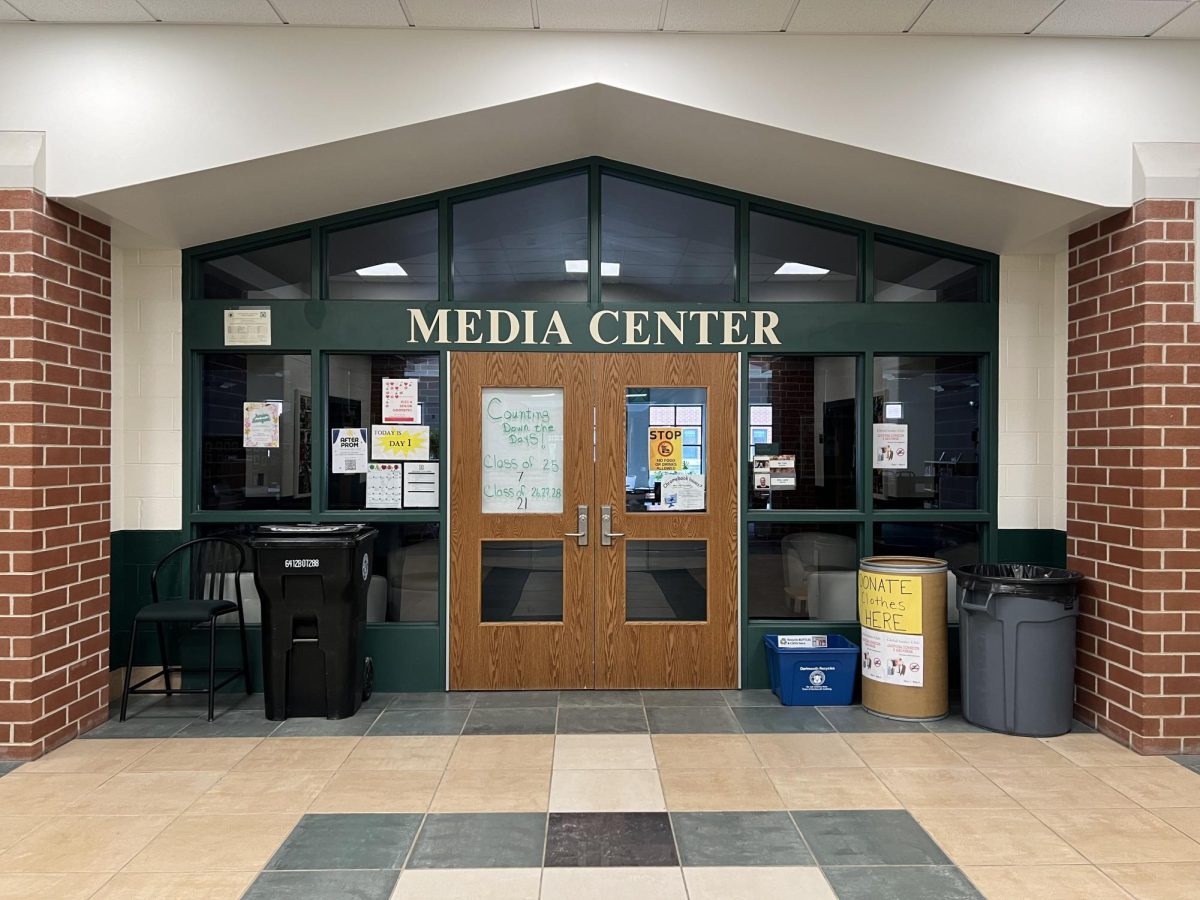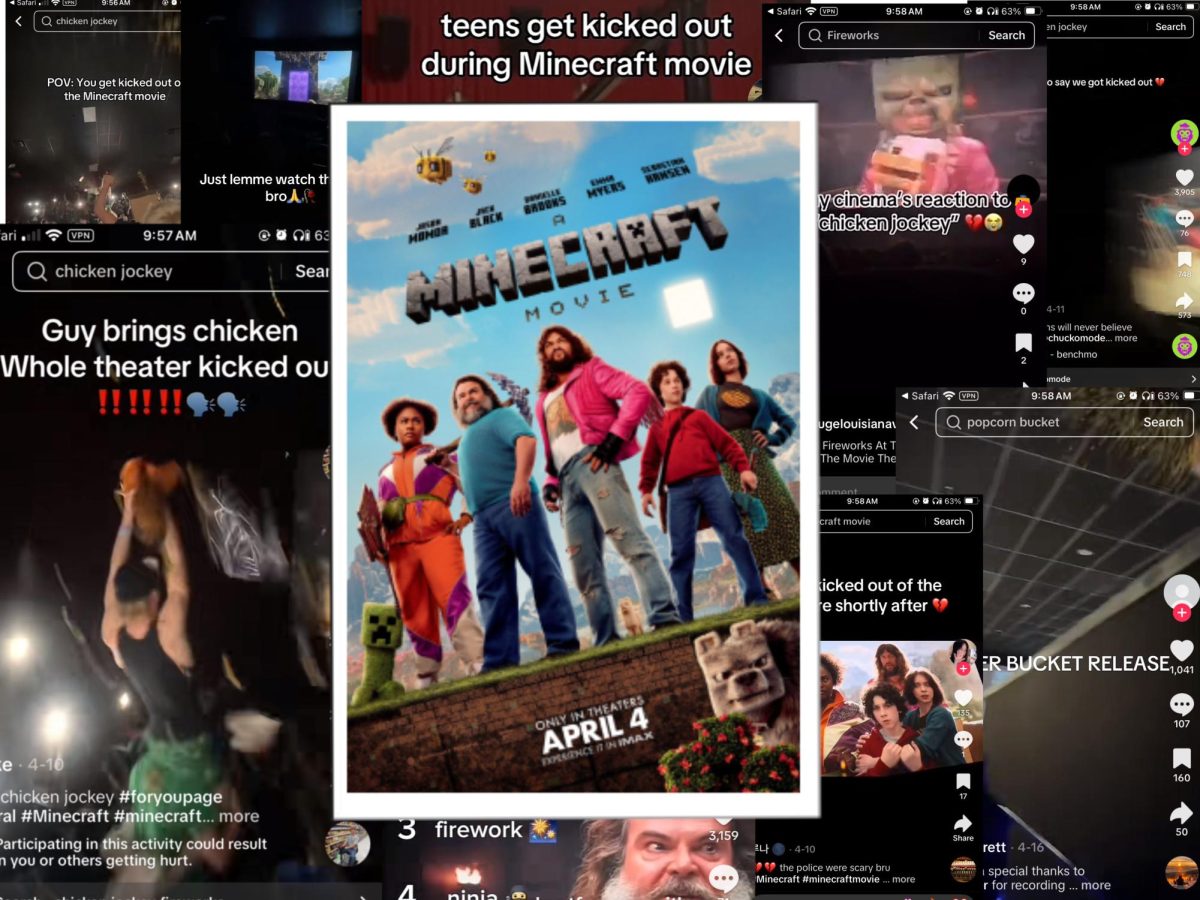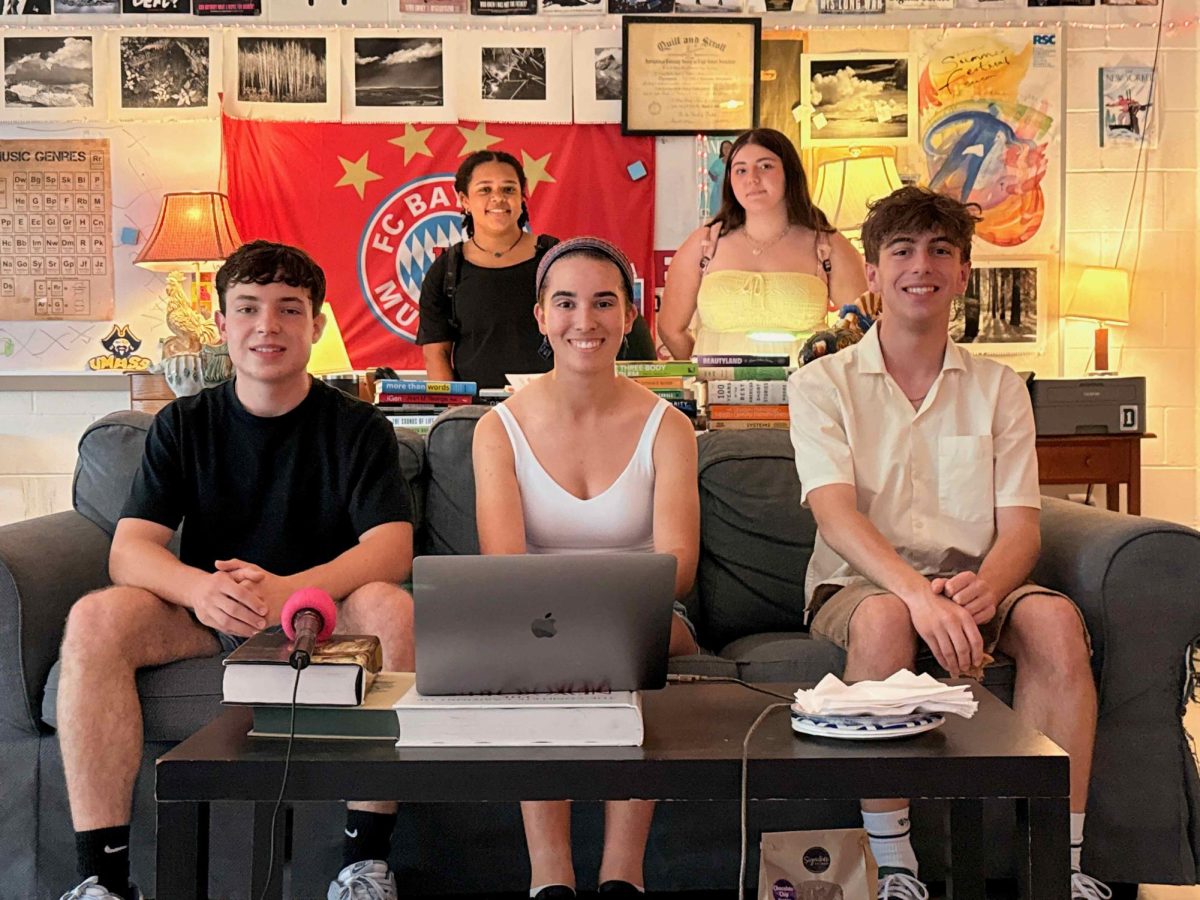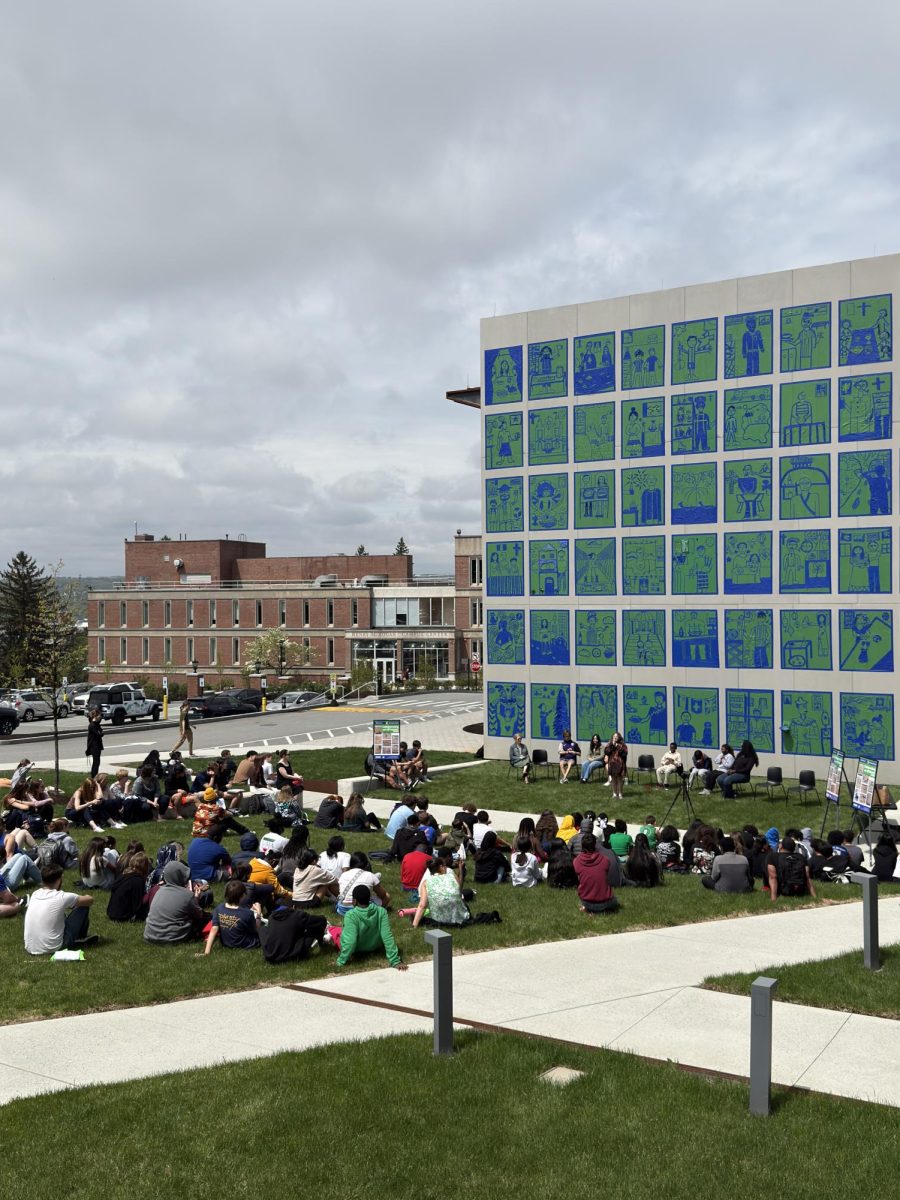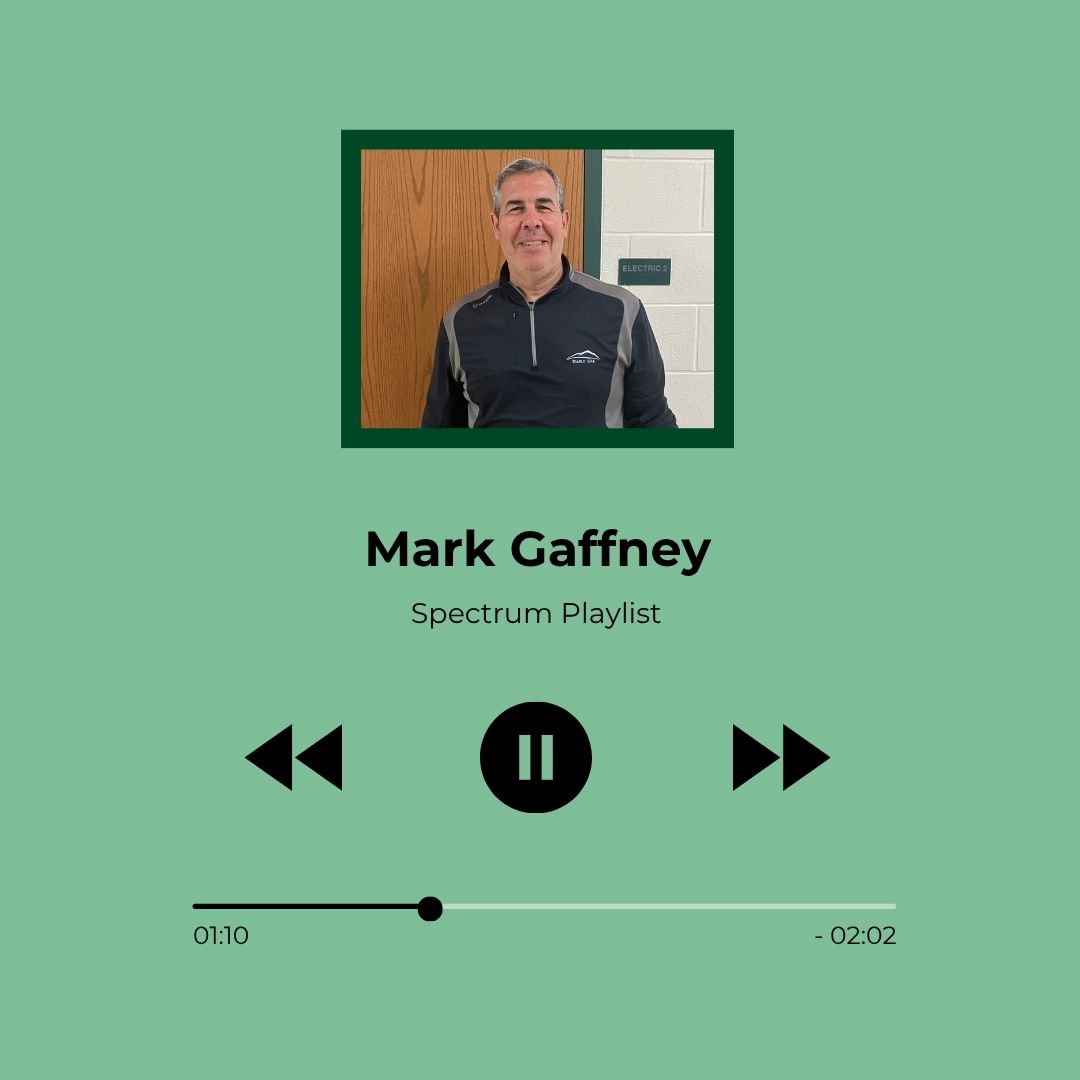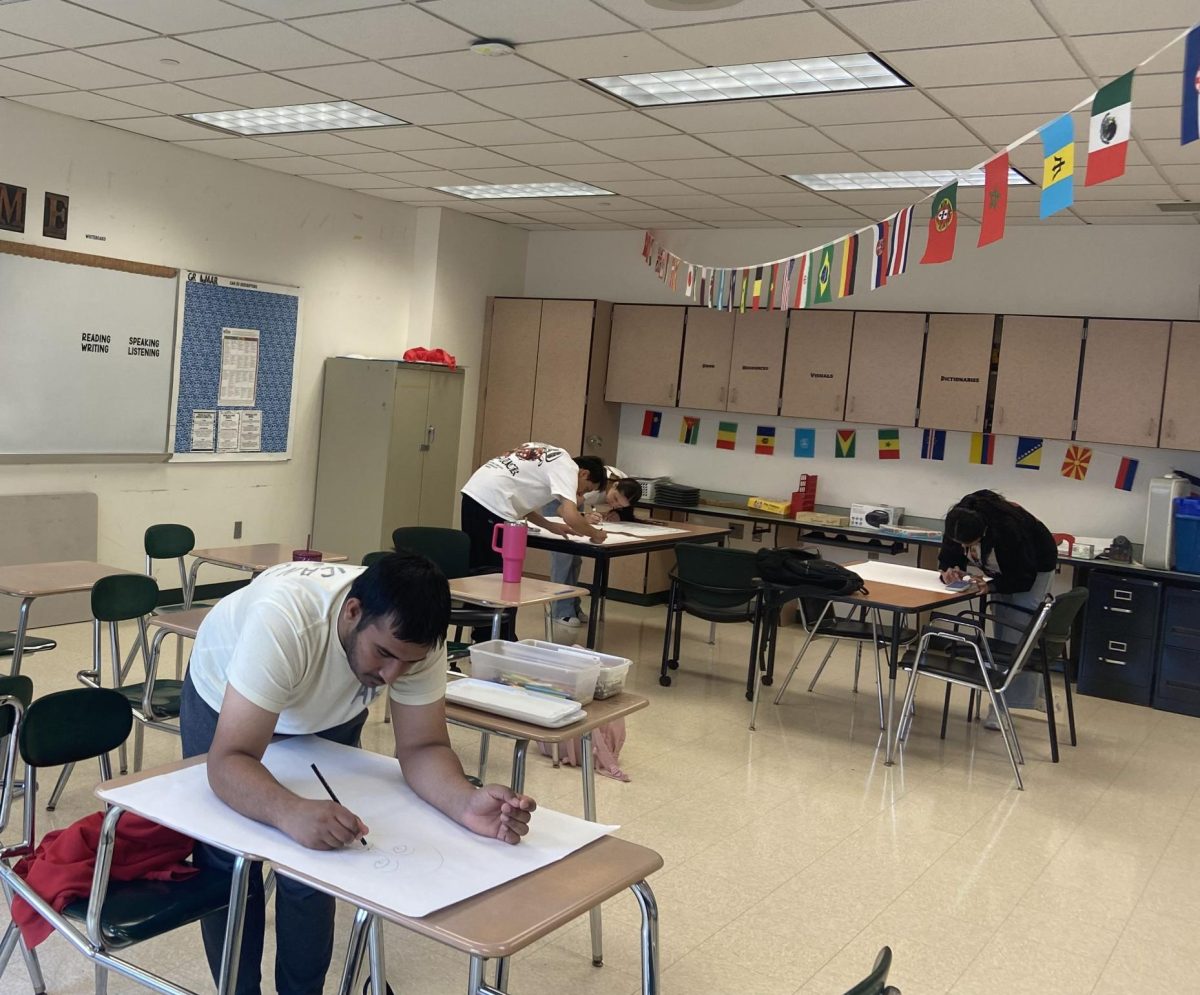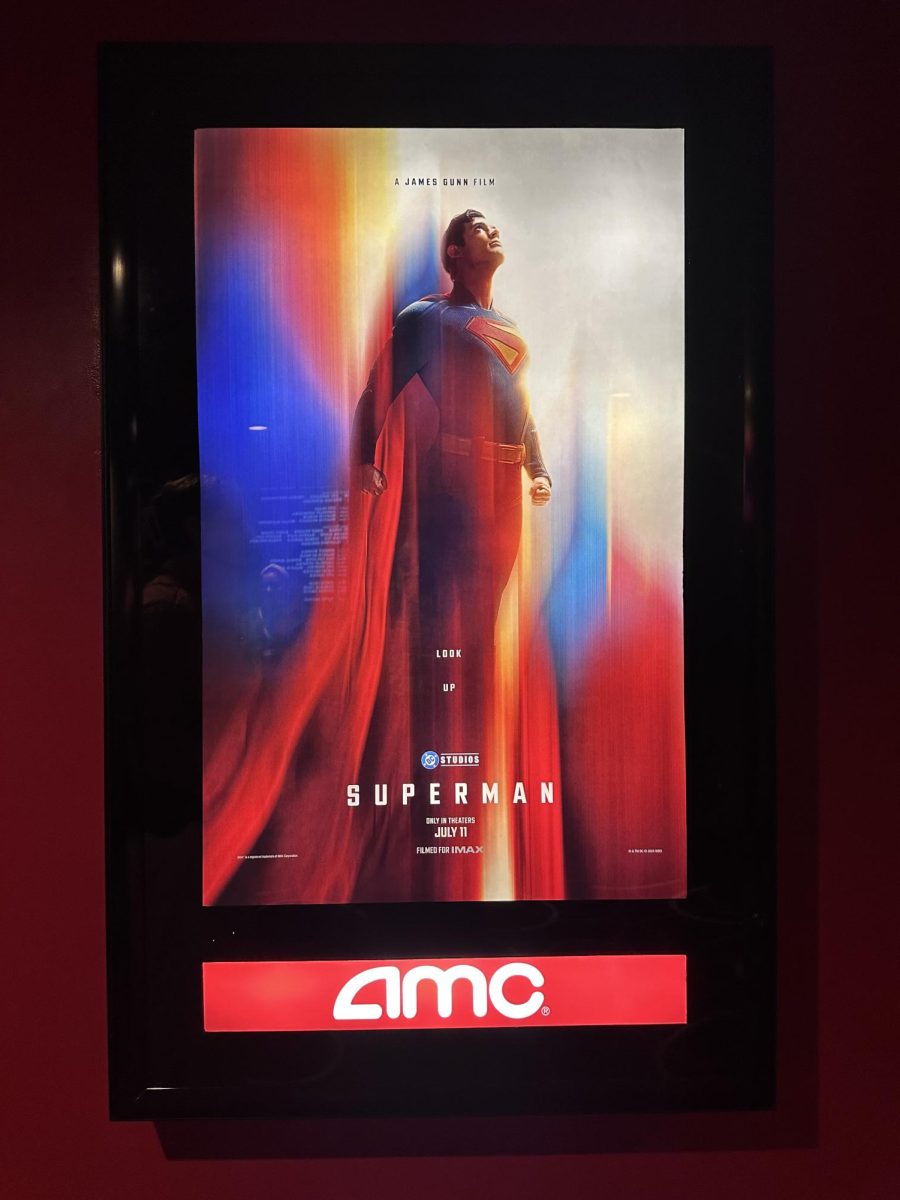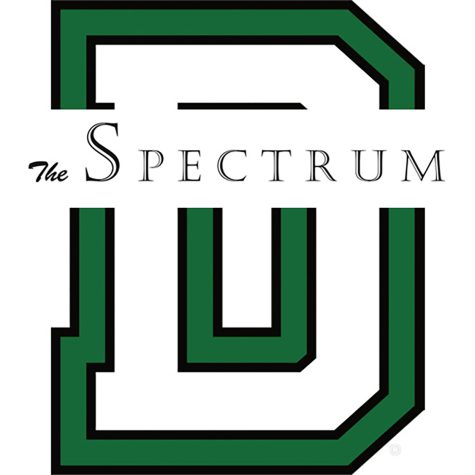The American public school system is a complex organization bound by a set of rules and policies that range anywhere from simple rules of kindness and respect, all the way to how a school teaches students, and everything in between.
This system of rules is instilled into American children in public schools from a very young age, and potentially maintained all the way through college.
Whether you are in school now or it’s been a few years since your time in school, we as Americans often have a stereotypical impression of these policies that goes something like this: students follow a set of disciplinary rules that are enforced by the teachers and those who violate these will face consequences usually from a building principal or some other administrator.
Typical, right? Most importantly, an often overlooked detail by many, these rules rarely include the input of students’ opinions into how they should be made. To many who have been in school in the past, the idea of student voice in school policy is likely unthinkable.
While this may be the stereotypical idea of school rules and policies, this was exactly opposite to what Dartmouth’s administrators and Dartmouth Superintendent of Schools Dr. Saba-Maguire had in mind when the Superintendent’s Council was created.
As the name suggests, the Superintendent’s Council is an advisory group to the superintendent. The main objective of this council is to inform the superintendent and district administration about the school from a student’s perspective. There are 12 students in total on the council. Three students represent each grade level, and one meeting is held each month.
Students on the council get to have a voice in the important conversations facing the school and the student body at large. So far in the council’s inaugural year topics from school climate to strategic planning goals for the district have been covered.
You may be thinking, doesn’t DHS have other student government organizations such as the Student Council?
The difference is that the Student Council has elected representatives that each grade’s respective student body elects. Due to this, the Student Council does not offer a complete glimpse of what students from all backgrounds at the school experience.
Those who run for Student Council are often people willing to share their opinion openly and do not shy away from public speaking. Subsequently these are more outgoing individuals.
However, not all students are as willing to share their opinion or speak in public and so for these individuals the Student Council alienates an entire group of students within the school. This is not to say that the work of the Student Council is not important, just merely an observation that some groups are likely to be underrepresented on the Student Council.
This is different from the Superintendent’s Council because representatives are chosen randomly to participate. So, as a result, students who may not ordinarily choose to offer their opinion or run for student government positions such as the Student Council are now given a voice in important conversations.
But where did this idea all start? And where is the council going? I caught up with DHS Principal Ryan Shea and Superintendent Dr. Saba-Maguire to get the full scope on this topic.
As previously mentioned the Superintendent’s Advisory Council seeks to gather unfiltered, authentic student voices. This is apparent with the random sampling of students selected to serve on the council. But why is student voice important? When asked, Dr. Saba-Maguire said, “Without student voice we don’t have the opportunity to understand the actual impact of decisions we make as adults.”
Mr. Shea said, “The number one reason for me is we know that if a student feels safe in the building they will perform better.” Mr. Shea went on to say that “as a 40-something-year-old [I] don’t always know what a 17-year-old needs to feel comfortable in the building. That’s why student voice is important.”
Student voice is the foundational principle of the Superintendent’s Council, but why did Dr. Saba-Maguire create the council and what were the initial goals?
Dr. Saba-Maguire said, “My initial goals were really pretty simple: to listen and learn. What you say to us informs our practice.”
Stepping into a new community can be a daunting task especially in a leadership role. This leads to another reason Dr. Saba- Maguire created the Superintendent’s Council. “Coming into Dartmouth as a new superintendent,” she said, “I thought it was important right away to get to know the school community. This helped shape the work that must be done.” Dr. Saba-Maguire wanted students to know “that you have a voice here.”
Student voice helps educators understand the impact of their decisions. One important issue raised by students on the council this year regarded the release time of academic schedules. Presently academic schedules are released at the end of August in the few days preceding the start of the school year.
Dr. Saba-Maguire said, “Students told us how upset they were that they got their schedules late, and we worked together to get them done,” adding that “students will have their schedules early on.”
This instance is just one of the numerous examples of how student voice impacted decisions at DHS this year through the work of the Superintendent’s Council.
With all the apparent success of the Superintendent’s Council, where is the council going? What is the future of student voice? Dr. Saba-Maguire said, “I definitely plan to continue.”
Speaking to the importance of the future work of the council, Mr. Shea said, “You don’t want to lose the quiet voice.”
For the future of the council, Dr. Saba-Maguire said, “I would like to keep the students on the advisory, and obviously, we are going to pick new freshmen, year after year adding new voices.”

